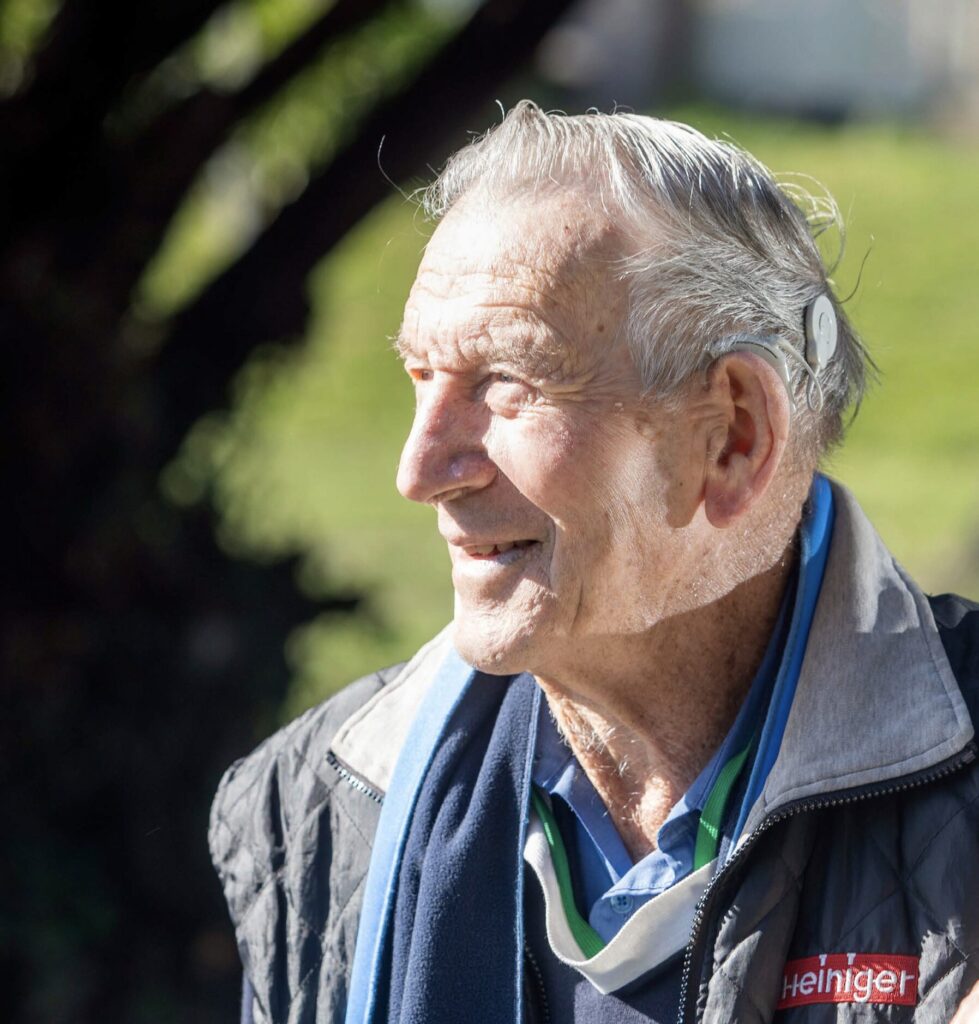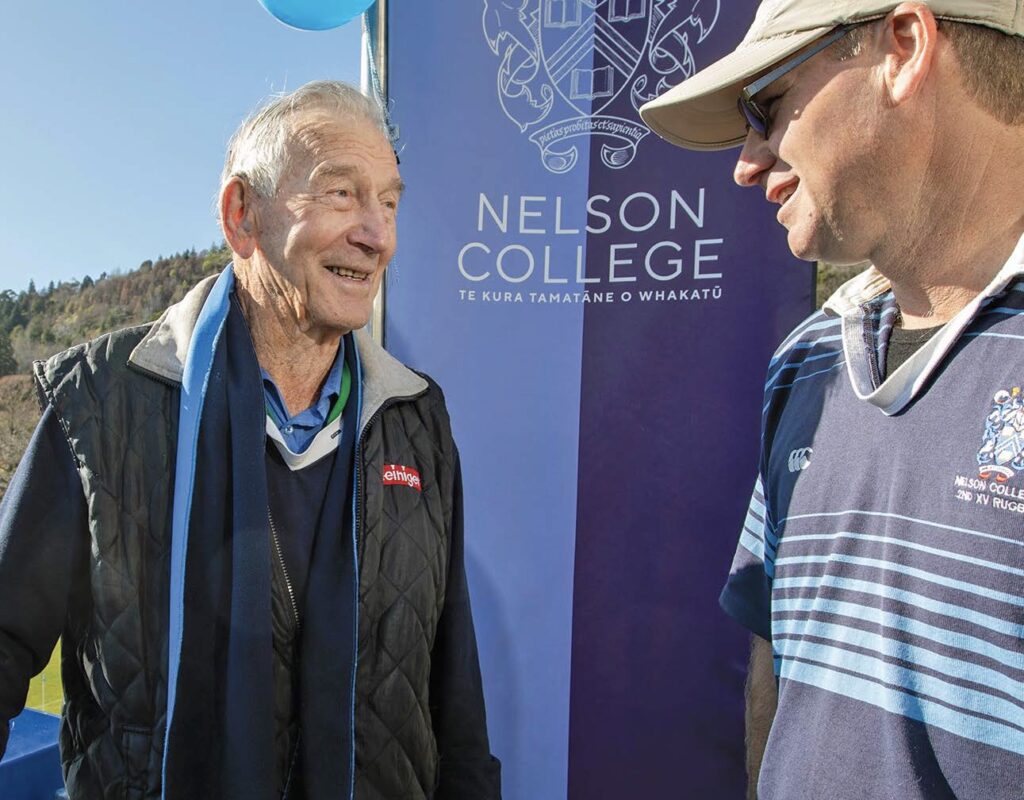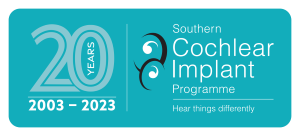Receiving the Queen’s Service Medal (QSM) for community contribution in Nelson and being able to participate in committee meetings is an important part of 89-year-old John Harwood’s social life. Unfortunately, his progressive hearing loss in recent years meant attending and being involved in community groups was difficult.

“I had lost 92% of hearing in my right ear and only had 2% left in my left ear. It was getting to the stage I didn’t bother going out to things as I wouldn’t be able to hear much anyway,” John says. Hearing loss means you become a bit of a recluse, the Nelson widower believes.
The cochlear implant John received in January 2024 reignited his social interactions. “The cochlear implant has helped me to communicate with people. The benefit for me is being able to go to meetings now and hear what’s going on. I can now listen to the radio in the car and work out the tunes. I can hear what’s being said too, which I wasn’t able to do before,” he says.
Being able to watch television again is another benefit. He also enjoys reading, doing puzzles and following sport. Nelson College won the title of top South Island 1st XV rugby team this year and John Harwood was proudly cheering on his former school from the sidelines. Afterwards, John typed up an email on the win for his former 1st XV teammates from 1952 and 1953 and sent it off to keep them in touch. For the last five years he has enjoyed attending every game and reporting to his friends. They have appreciated the opportunity to reconnect with their school.
John was married to his wife, Nola, for 62 years. Now a widower, he has three daughters, a son, 10 grandchildren and 15 great-grandchildren. He lives in the Oakwoods retirement village in Richmond. John’s life has focused on the Nelson-Marlborough region and he was honoured with a QSM in 2014.
His community service included being President of the New Zealand Hearing Association Board and spending 45 years as a judge, referee and examiner for South Island Shearing Sports in Nelson/Marlborough, for which he is a life member. When he was no longer shearing and farming, being involved in the sport kept him connected to the industry.
John is a Life Member of the Nelson A&P Association, having volunteered there for over 40 years. He’s also a Lions’ Life Member and was recognised for his service to the Nelson Hearing Association and the Richmond Citizens Group.

Professionally, John was a sheep and beef farmer and one of his successes was turning around a swampy block at Mawheraiti on the West Coast into a productive farm for the Lands and Survey Department. He moved back to Nelson for family reasons and worked at the freezing works, as a general handyman, and did floor sanding and carpet cleaning from Murchison to Collingwood. There are many public buildings in the region which had their floors resurfaced and varnished by John.
John believes his hearing loss is a culmination of a few things. One factor is his compulsory military training when he was younger, including time on the rifle range which made his ears ring for days afterwards. Another contributor was many years of farm work with no earmuffs. When he later worked in the freezing works, he first learned of hearing loss in his left ear.
As his hearing subsequently deteriorated, he got hearing aids. But they became less effective with time. The first sounds he recalls at his cochlear implant processor switch-on were the rustling of paper and the surprise of clearly hearing someone speak. John is astounded he can now hear his stomach rumbling when he’s hungry and the gurgle of running water.
While his brain is in the early stages of adjusting to the cochlear implant, he is very pleased with the progress. John urges anyone who is considering having the surgery to put aside any misgivings. He was worried about taking the place of someone younger and more deserving on the waiting list, but in retrospect he understands now that his hearing aids had not been helping properly for years.
